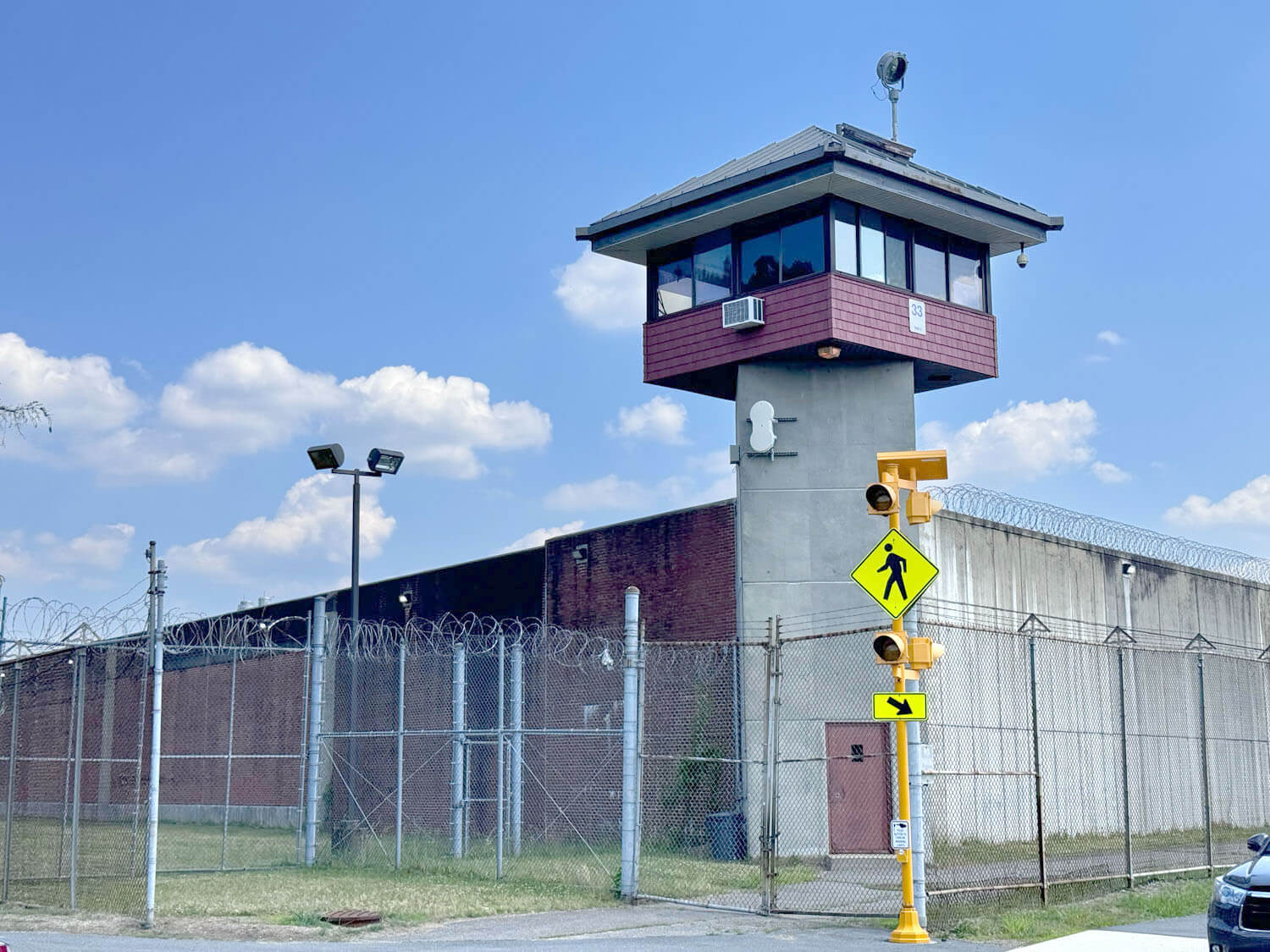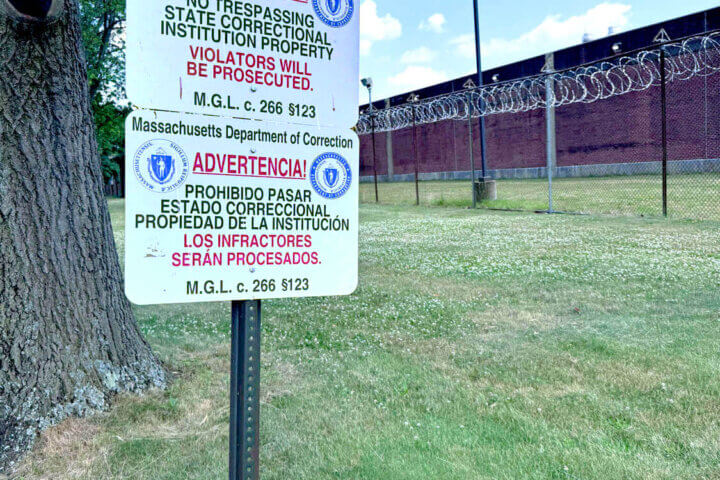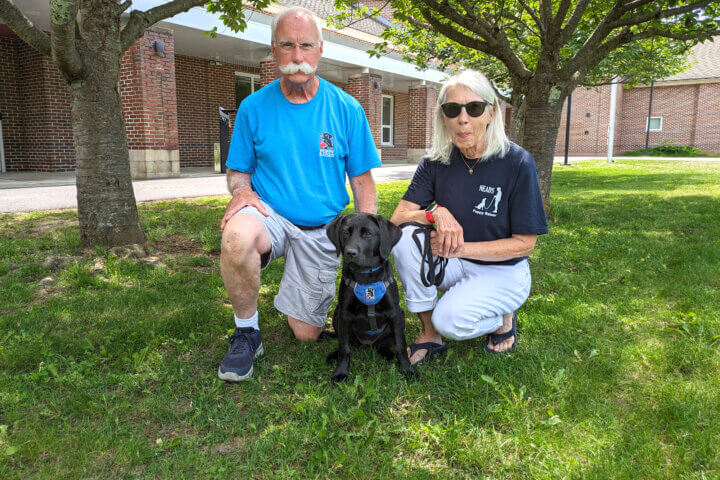By Erin Tiernan — Erin@theconcordbridge.org
Town officials have started planning for what might happen after the barbed wire, concrete towers, and imposing brick walls of MCI-Concord come down.
They’re framing the impending closure of the 146-year-old men’s prison, originally scheduled for June 30, as an opportunity for change that transcends the facility’s property lines and could usher in a new era for West Concord Village.
Town Planner Elizabeth Hughes has underscored the need to “look at MCI-Concord and the West Concord village and the business district as a whole.”
Decommissioning and redesigning
The notorious rotary just outside the prison gates could finally see a redesign in conjunction with whatever redevelopment eventually happens on the prison property, Select Board Clerk Mark Howell told The Concord Bridge after the first meeting of the new MCI-Concord Advisory Board.
MassDOT had already targeted the hazardous rotary — and more broadly, the Route 2 corridor stretching from Fitchburg to Boston — for redesign study. Their latest report came out this week.
Concord leaders, caught off guard by the January closure announcement, have been working on legislative angles to ensure more influence over the redevelopment.
The state intends to sell the property for reuse after decommissioning is complete — a process that will take about 18 months, according to a representative of the state Division of Capital Asset Management and Maintenance, or DCAMM.
In addition to a collaborative, public process pushed by state lawmakers, the town is potentially in to receive $250,000 to $475,000 in state funding earmarked for planning around the land’s future.
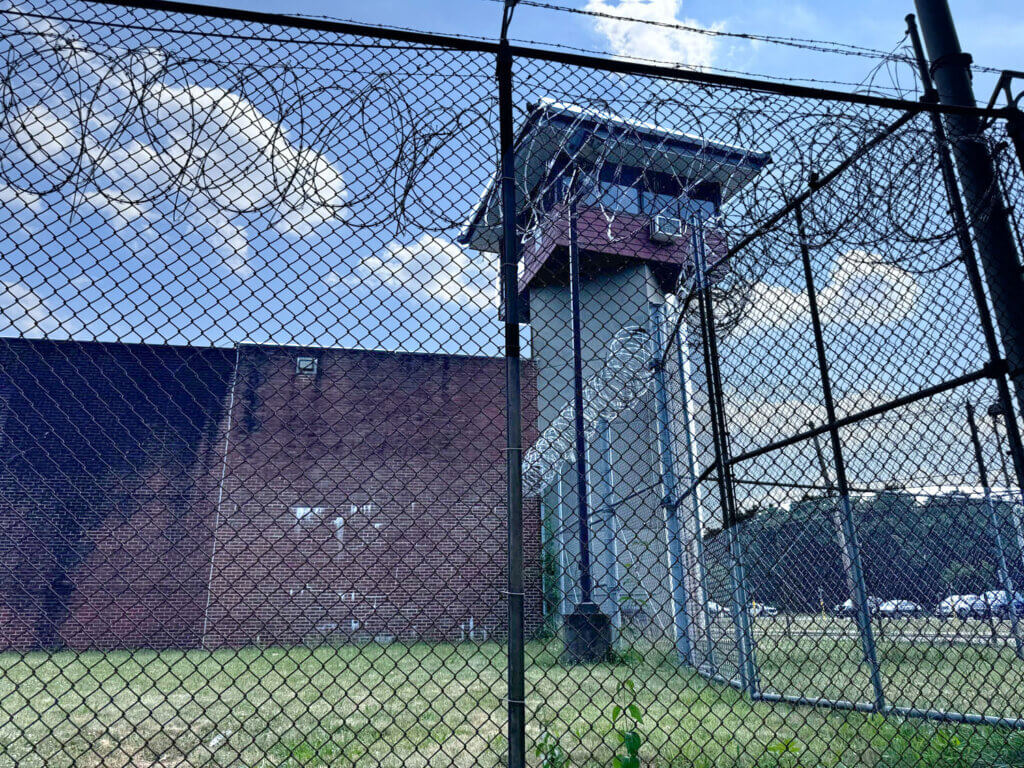
Re-mastered plan?
It’s unclear how exactly the town would choose to spend those funds, but West Concord Advisory Committee Chairwoman Susan Mlodozeniec had some ideas at a recent meeting of her committee.
“The West Concord Village master plan is one that would be first on the docket to possibly get updated should the money that is related to MCI for planning come through,” she said.
The village’s existing master plan is 14 years old and didn’t envision a scenario where the 64-acre prison property was ripe for redevelopment.
“There’s a recognition that it makes sense to engage in a master planning process” as members and residents mull opportunities,” said Howell, the Select Board clerk.
What that process will look like is just being sussed out. Select Board Chair Mary Hartman previously told the Bridge she’s interested in launching a townwide master planning process.
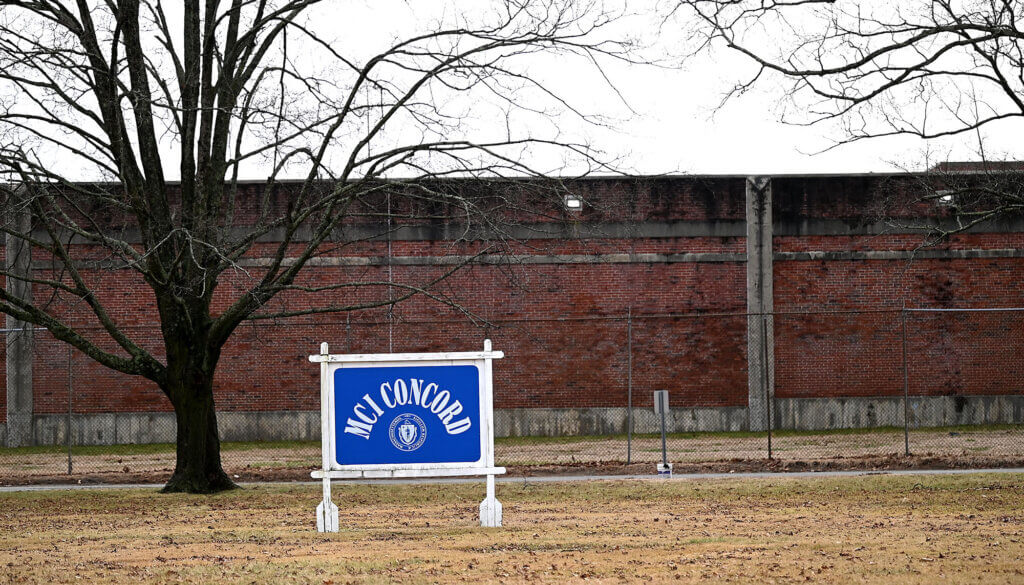
Old property, new board
While DCAMM is leading the prison decommissioning, Concord formed a new citizens committee — the MCI-Concord Advisory Board — to advocate for town interests as the property is readied to hit the market.
“My understanding is that they assess the conditions, they engage with the community to try and understand what our goals are, and then there’s some planning that takes place” regarding possible uses of the property, Howell told the Bridge after the board’s first meeting.
The advisory board intends to move quickly on an aggressive biweekly meeting schedule. The next gathering is June 24.
Howell said the town and state are interested in a “collaborative” process.
“What DCAMM doesn’t want to do is begin a process of transferring the land to someone who wants to use it in a way that the town doesn’t want to zone for,” he said.
“That is ultimately our control point.”


